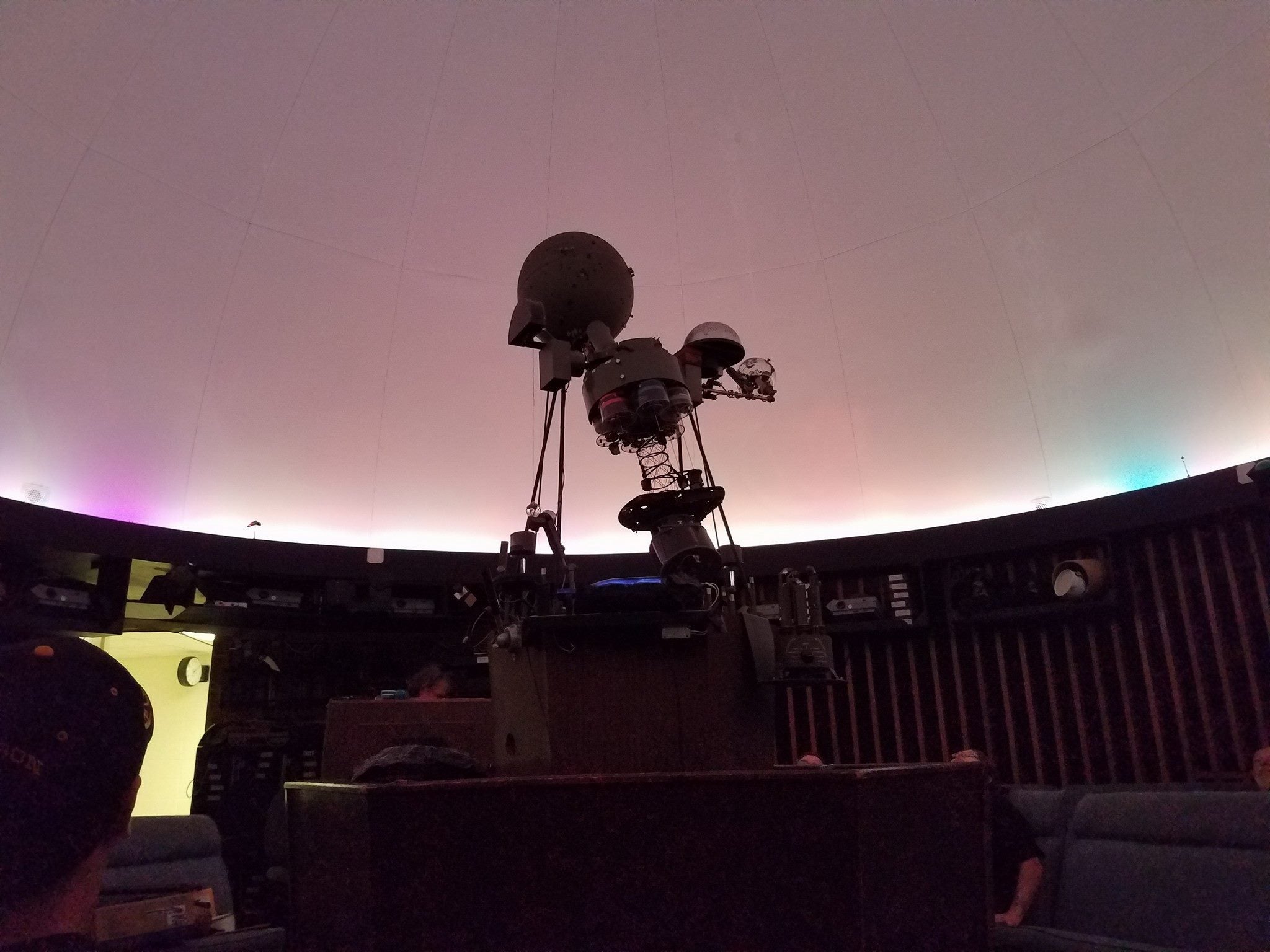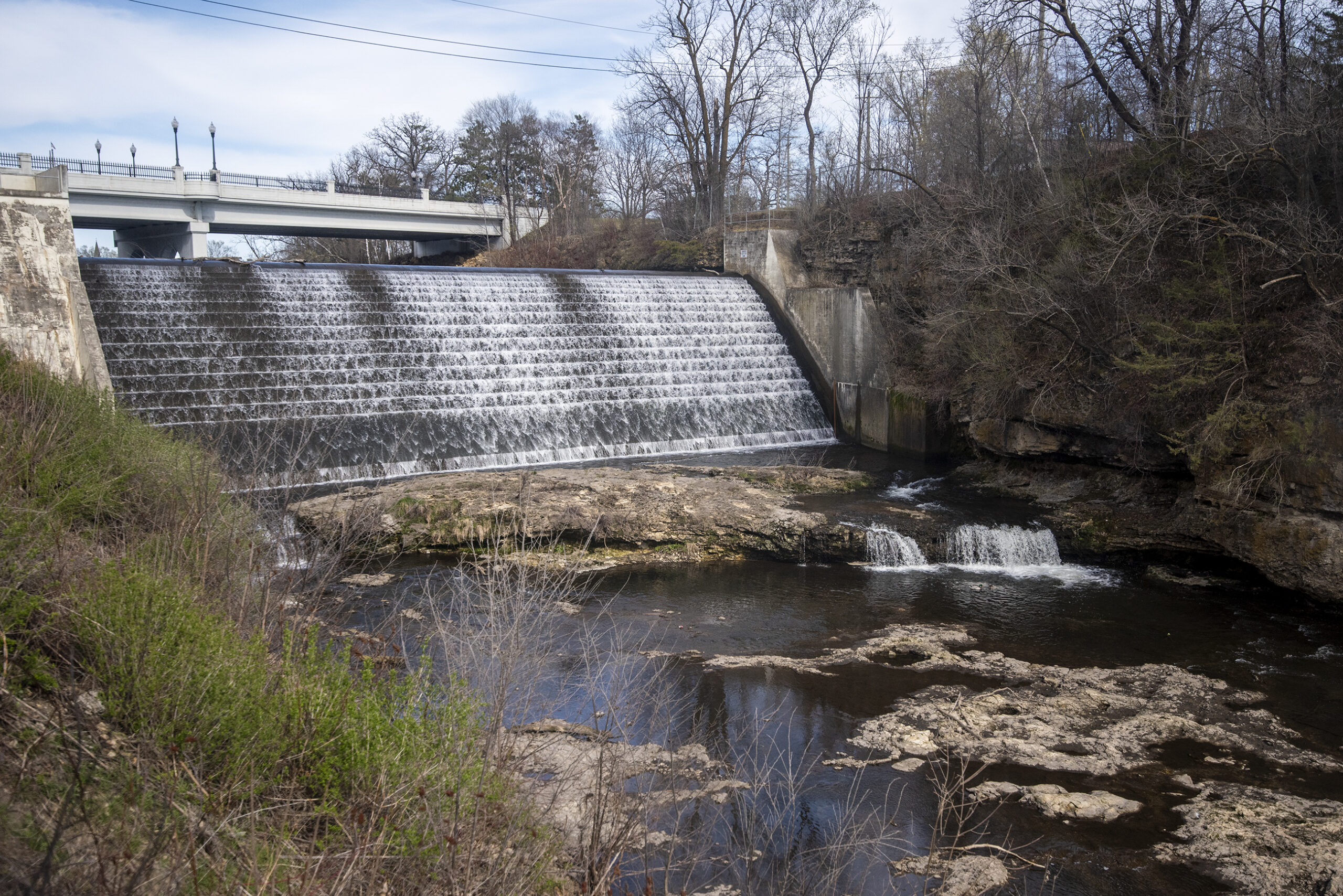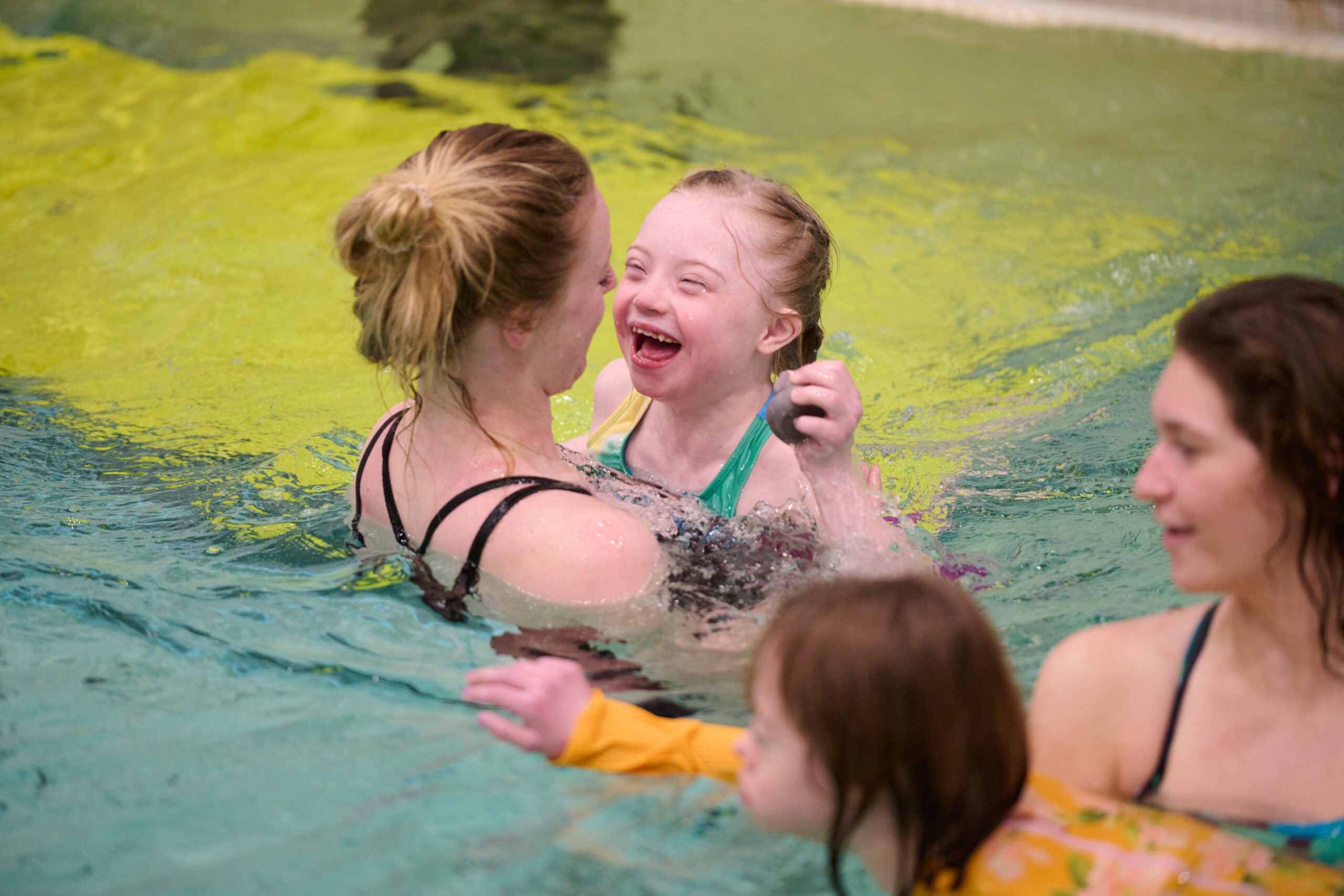Two new donations to the University of Wisconsin-La Crosse will provide the school with its first endowed faculty position and two environmental fellowships.
University leaders said the gifts are a welcome boost to efforts to recruit and retain faculty in the face of declining state investment.
The donations, totaling $2.8 million, will create positions in UW-La Crosse’s science departments.
News with a little more humanity
WPR’s “Wisconsin Today” newsletter keeps you connected to the state you love without feeling overwhelmed. No paywall. No agenda. No corporate filter.
Mike and Kathi McGinley, longtime supporters of the university’s microbiology department, donated $1.5 million for an endowed professorship that will be awarded in summer 2025.
Mike McGinley graduated from UW-La Crosse in 1982. He and his wife previously donated $25,000 for student fellowships in microbiology. In 2018, they funded the atrium in the university’s Prairie Springs Science Center.
“Our goal is to continue and enhance what’s already been started, and also to stimulate others to think similarly in their various other areas of study,” Mike McGinley stated.
Microbiology department chair Mike Hoffman called the funding for his department “transformational.”
“Many of you might not know that we do research in the summer but get paid very little to nothing to work with undergraduate students,” Hoffman said in a statement. “Now, we’ll really be able to support faculty working one on one with students.”
A separate $1.3 million gift from Ron and Jane Rada will establish two permanent fellowships for the university’s River Studies Center. Ron Rada led the center from 1979 to 1997.
Eric Strauss is the center’s director. He told WPR he’s had many conversations with Ron Rada over the years about the program’s needs, which usually come to the same conclusion.
“We’re short on resources, we’re short on time,” Strauss said.
The funding will allow the center to dedicate more time to developing partnerships and finding resources for faculty and students “to do the important work that they do on the upper Mississippi River and its connected ecosystems,” he said.
Strauss said the program is a collective of faculty and students from many different departments.
“Our main mission is to advocate for the river and to support research on the river, and not necessarily just in the sciences, but also in the humanities,” he said. “We’re very interested in documenting the natural history, the cultural history of the river. But we’re also addressing issues related to invasive species, natural populations, water quality and sedimentation. And we’re starting to get into the effects of navigation on the river.”
The first fellowships will be awarded in summer 2025.
University sees philanthropy as alternate funding source
Endowments allow universities to be less dependent on tuition and fees. Payouts for endowments are typically restricted to a certain percentage each year, and the university spends off of investment earnings from the endowment.
Strauss said the fellowships at the River Studies Center would be funded with 4 percent of the endowment each year.
Last year, the Universities of Wisconsin System projected UW-La Crosse would be one of three system campuses to generate enough revenue to meet expenses. Last month, the UW Board of Regents voted to raise tuition by 3.75 percent for resident undergraduates. UW-La Crosse tuition will be $9,896 in 2024-25.
Funding for the second phase of building the Prairie Springs Science Center at UW-La Crosse has been held up for five years. The first phase was approved in 2018, under a Republican-controlled Legislature and then-Gov. Scott Walker. But the funding request for the second phase has been rejected the past four years.
“State funding for universities and particularly for faculty positions is not increasing,” said Allison Ziegelman, executive director of development at UW-La Crosse’s foundation.
“Philanthropy is a great way for us to be able to recruit and retain really exceptional faculty to keep UW-La Crosse at the forefront of premier research (and) keep our student enrollment high. We’re only able to educate students due to our incredible faculty,” she said.
She said university leaders remain hopeful the second phase of the science center will be “at the top of the consideration list for the next round of funding.” But she added the university is open to being creative about how to fund the second phase.
The university announced the gifts with an event in the building that was constructed with the first phase of funding, Ziegelman said.
“I think donors showing their continued investment in our College of Science and Health — even the event yesterday was held in Prairie Springs One — is a real vote of confidence for continuing to support that building and our sciences here on campus,” she said.
Wisconsin Public Radio, © Copyright 2025, Board of Regents of the University of Wisconsin System and Wisconsin Educational Communications Board.







